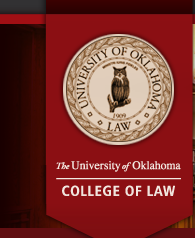Document Type
Article
Publication Date
2020
Publication Title
Columbia Human Rights Law Review
Abstract
In 2019, Apple’s CEO warned that contemporary business models, which are based on harvesting our personal data and monetizing everything we do online, violate our privacy and will eventually cause us “to lose the freedom to be human.” Others have taken this privacy concern a step further by questioning whether these business models undermine mental autonomy, i.e., the ability to think and form opinions. The burgeoning chorus of concerns has triggered a variety of high-profile calls to explore whether international human rights law protects against intrusions on the inner sanctum of one’s mind, particularly with respect to the business models of global platforms such as Amazon, Facebook, and Google. This Article provides the first in-depth scholarly examination of the scope of the right to “hold opinions without interference,” which is enshrined in Article 19(1) of the International Covenant on Civil and Political Rights (ICCPR). Because it was generally assumed that this right to think and form opinions could not be violated, it has been overlooked to date, and there is little jurisprudence available to define its scope. In response to calls for scholarly engagement to help define this right, the Article examines the text of the ICCPR, its negotiating history, the works of respected jurists, and the views of the United Nations human rights machinery. The Article concludes that the right to hold opinions without interference includes protection against disclosure of one’s opinions, manipulation in the forming and holding of opinions, and penalization for one’s opinions. The Article assesses how contemporary business models grounded in capturing our attention, harvesting our personal information, and then monetizing it may infringe this right. Using the corporate responsibility framework embodied in the UN Guiding Principles on Business and Human Rights, the Article concludes by recommending paths forward to promote respect for the right to hold opinions without interference in the digital age.
Volume
52
First Page
306
Recommended Citation
Evelyn Mary Aswad, Losing The Freedom To Be Human, 52 Colum. Hum. Rts. L. Rev. 306 (2020).
